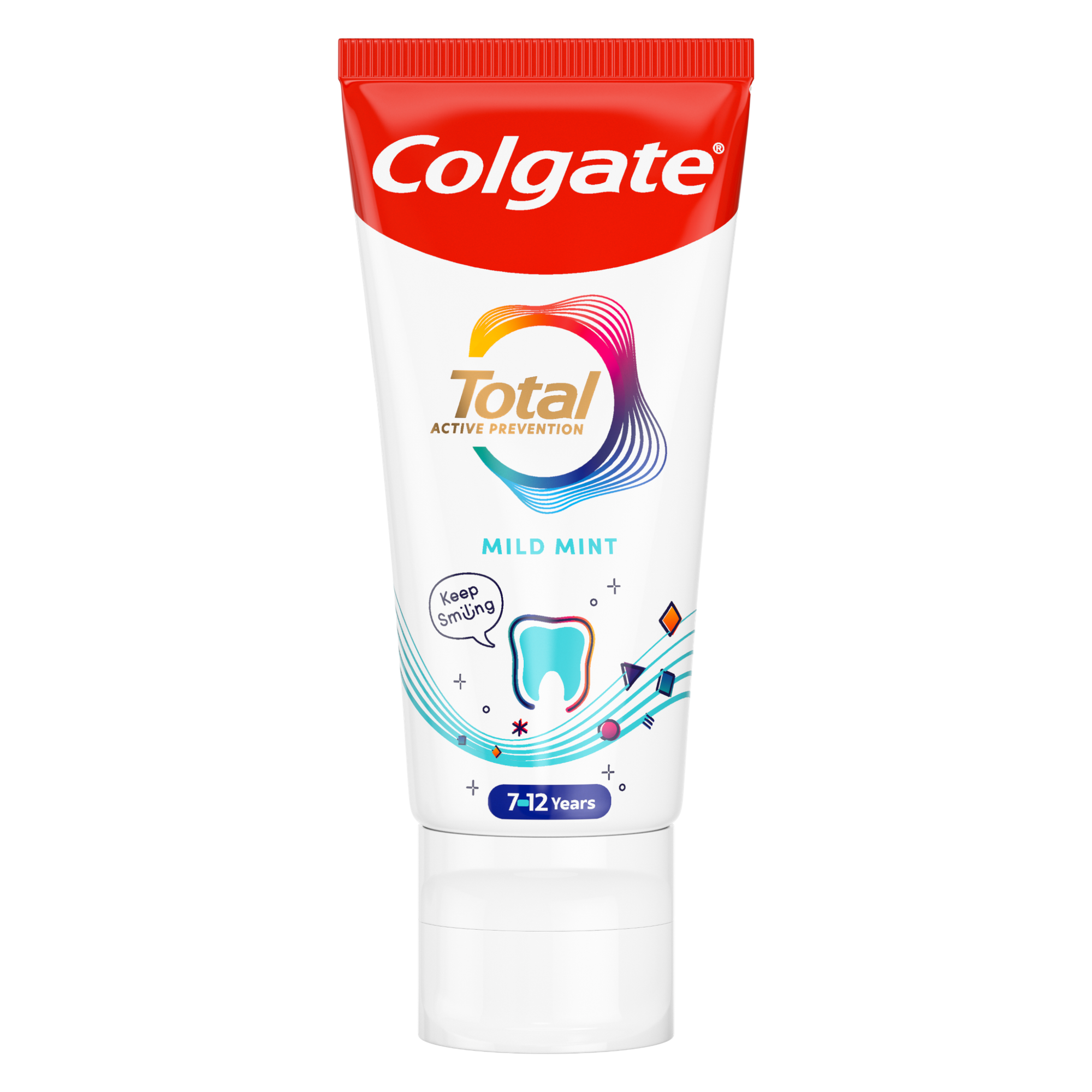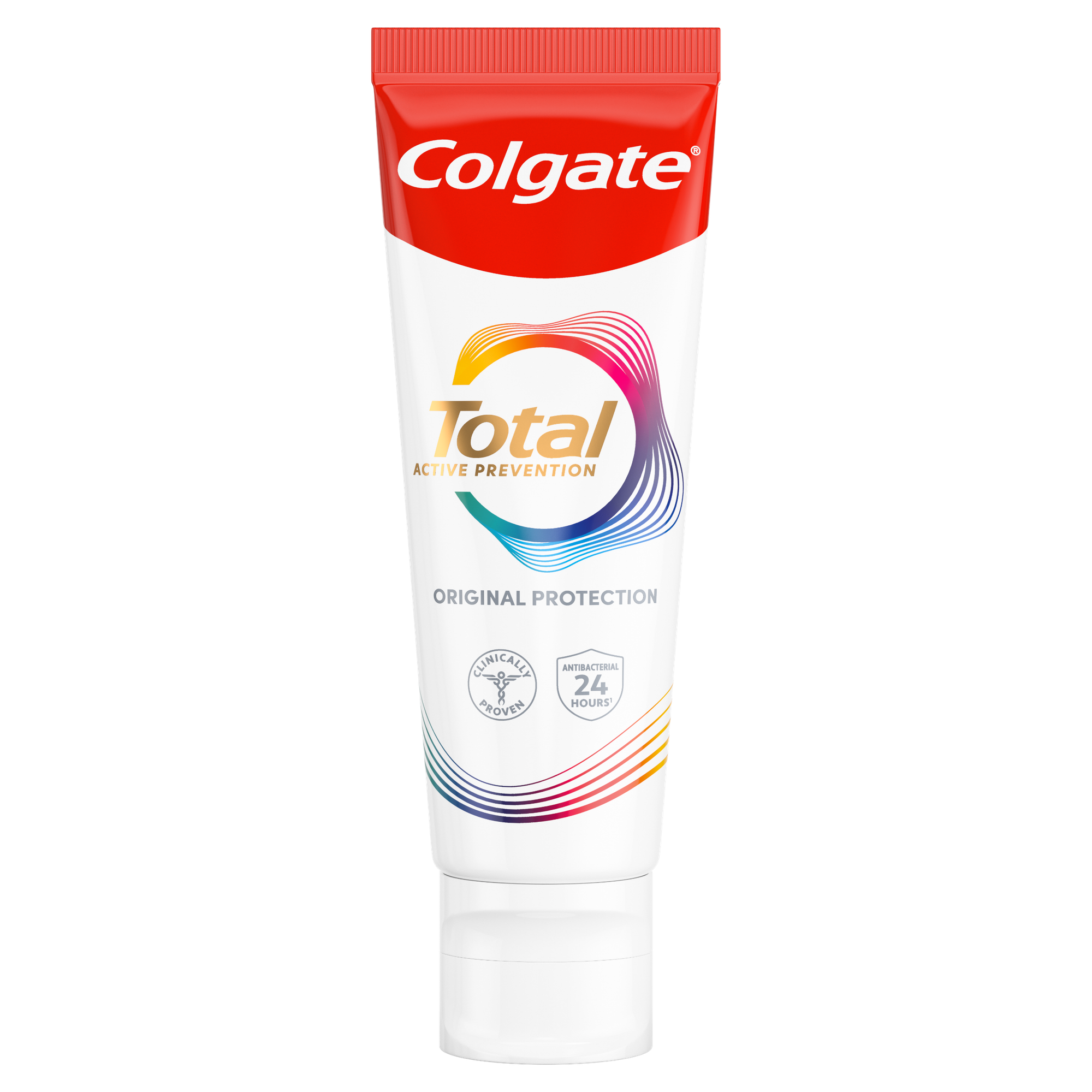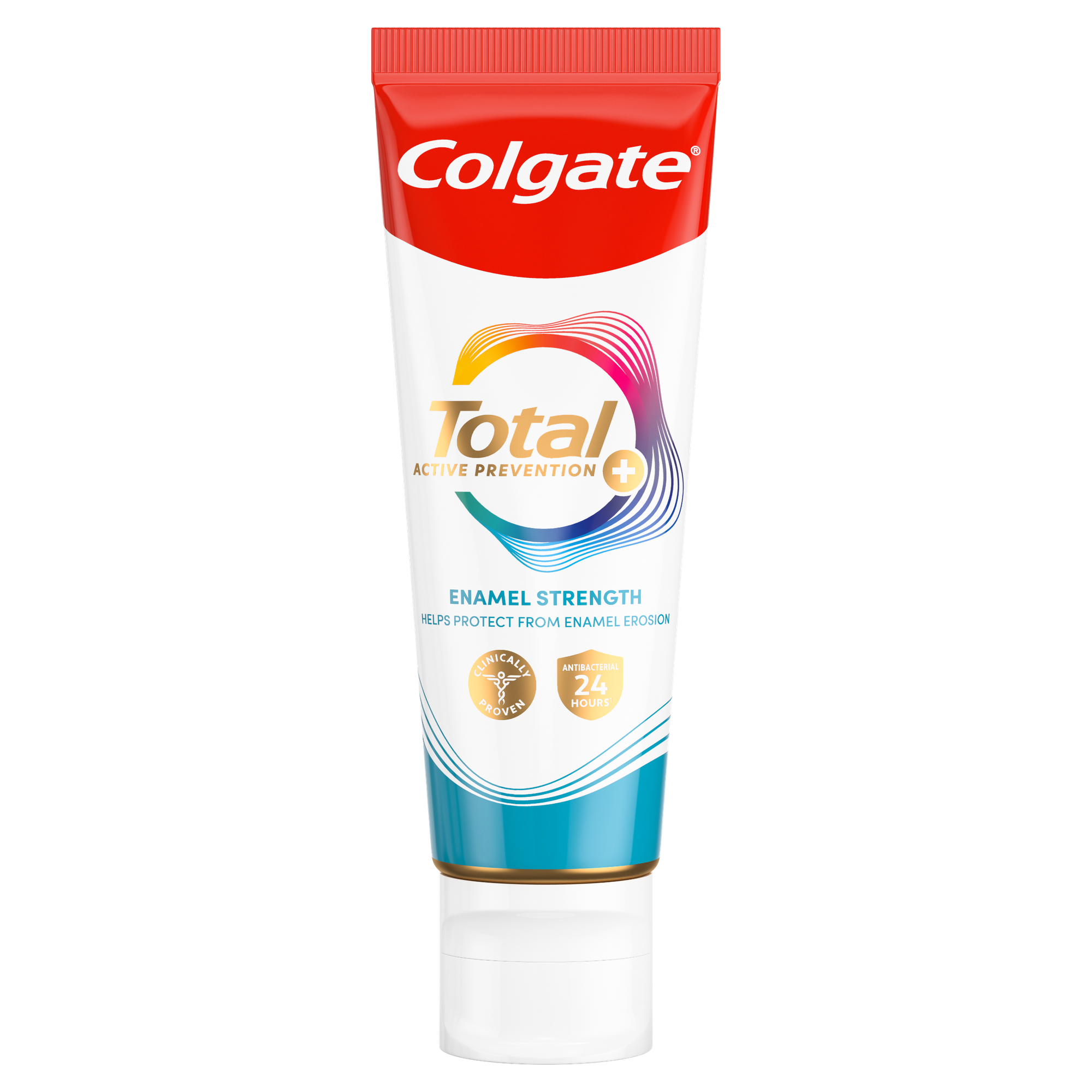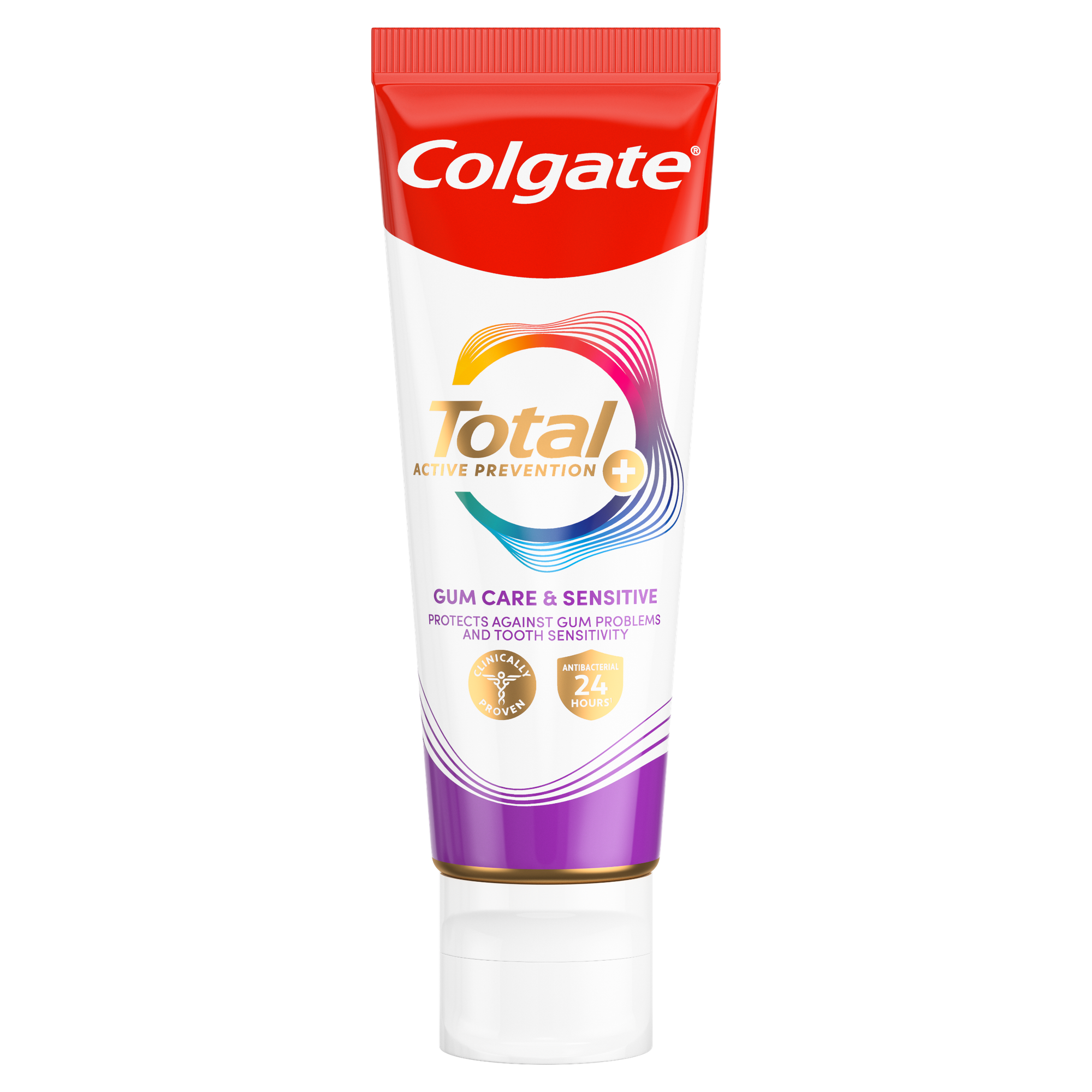The effects of veganism on your teeth
A vegan diet, which excludes all animal products, can have both positive and negative impacts on your dental health. On the plus side, a diet rich in fruits and vegetables can provide essential nutrients and antioxidants that promote overall health. However, there are certain aspects of a vegan diet that can potentially harm your teeth.
One of the primary concerns is vitamin deficiency. Certain vitamins and minerals are crucial for maintaining healthy teeth and gums, and a vegan diet may not always provide these in adequate amounts. Vitamin deficiency can lead to tooth demineralisation, dental enamel erosion, and other oral health issues.
Vitamin deficiency
Vitamins for teeth and gums play a vital role in maintaining their strength and integrity. One of the key vitamins is vitamin D, which is essential for calcium absorption. Without adequate vitamin D, your body may struggle to absorb the calcium necessary for strong teeth and bones. Since vitamin D is primarily found in animal products, vegans need to ensure they get enough of this vitamin through fortified foods, supplements or exposure to sunlight.
Additionally, vitamin B12 is crucial for maintaining healthy oral tissues and preventing mouth ulcers. A deficiency in this vitamin can lead to oral health problems like inflammation of the tongue and mouth sores. Vegans should consider taking vitamin B12 supplements or consuming fortified foods like plant-based milk and cereals to meet their requirements.
How to protect your teeth if you're vegan?
Fortunately, with some careful planning, you can enjoy the benefits of a vegan diet while safeguarding your dental health.
Eat calcium-rich foods: Since dairy products are off the menu for vegans, it's essential to incorporate calcium-rich plant-based sources like fortified plant milk, tofu, almonds and leafy greens into your diet. These foods can help maintain strong dental enamel.
Get enough vitamin D: To ensure proper calcium absorption and overall health, consider taking vitamin D supplements if you don’t get enough sunlight. Fortified foods like plant-based yoghurt and breakfast cereals can also be good sources.
Monitor your sugar intake: While vegan diets tend to be lower in sugar than omnivorous diets, it's still important to be mindful of your sugar consumption. Excessive sugar can contribute to dental erosion and cavities. Choose natural sweeteners like dates and use sugar substitutes when necessary.
Stay hydrated: Drinking water helps maintain a healthy pH level in your mouth and can wash away food particles that can lead to tooth decay. It's especially important after consuming acidic foods and beverages.
Regular dental checkups: Don't skip your routine dental checkups and cleanings. Your dental professional can identify and address any oral health issues before they become major problems.
A vegan diet can positively impact your overall health, but it's essential to be aware of its potential effects on your teeth. By maintaining a well-balanced diet, addressing potential vitamin deficiencies, and practising good oral hygiene, you can enjoy the benefits of veganism while keeping your teeth healthy.
ORAL HEALTH QUIZ
What's behind your smile?
Take our Oral Health assessment to get the most from your oral care routine
ORAL HEALTH QUIZ
What's behind your smile?
Take our Oral Health assessment to get the most from your oral care routine











